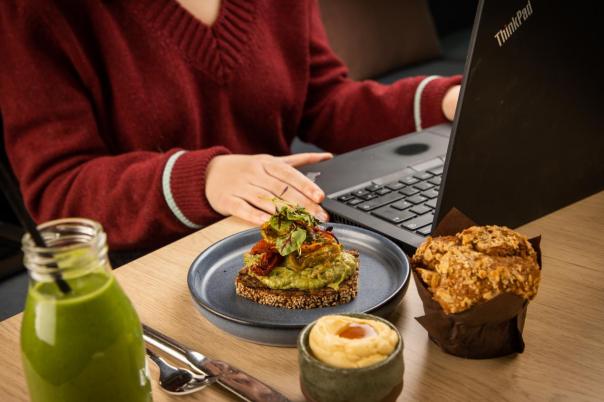
Sodexo UK and Ireland has unveiled the results of its first annual Sustainable Food Barometer, which found that almost three-quarters of consumers believe that adopting a more sustainable way of eating is now ‘urgent’.
The three key takeaways of the barometer are:
- The awareness of the urgent need to change eating habits is not only well-established, but positively perceived: 73% believe that adopting a more sustainable way of eating is ‘urgent’.
- There is a gap between aspirations and actual behaviours: just 35% said they currently consume sustainably produced products whenever possible.
- The benefits of sustainable food are more motivating when perceived as individual, rather than collective: 68% said they are currently regular consumers of meat and 82% said they are regular consumers of dairy products.
When asked what reason might make them more inclined to adopt a sustainable diet, the most popular answer was a beneficial effect on their health (37%). This was followed by financial reasons (36%), climate change (28%) and being a role model to children (23%).
Respondents indicated that they would like to eat more sustainably when they are at school or university (65%), at a restaurant (54%), at a work restaurant (50%), or at a sporting or cultural event (47%) than they do at home.
Charles Abraham, food director at Sodexo UK & Ireland, commented: "Food systems have an enormous impact on climate change, accounting for a third of global GHG emissions. At Sodexo, we understand the crucial role we play in reshaping the nation’s eating habits to help reduce this.
“This is, however, more complex than simply cutting the carbon in some of our menu items. As the research shows, price and taste are still the primary drivers of choice when it comes to food. Producing a ‘sustainable meal option’ that is perceived as less appealing or more expensive for the consumer will have the unintended consequence of creating food waste when few people choose it.
“With this in mind, we are working towards 70% of our main meals being classified as low-carbon by 2030 – with a <0.9kg/CO2e science-based definition of low-carbon – but crucially, ensuring these are among the most tasty and affordable options we serve. Our ambition is to set the entire ecosystem in motion to accelerate real change.”